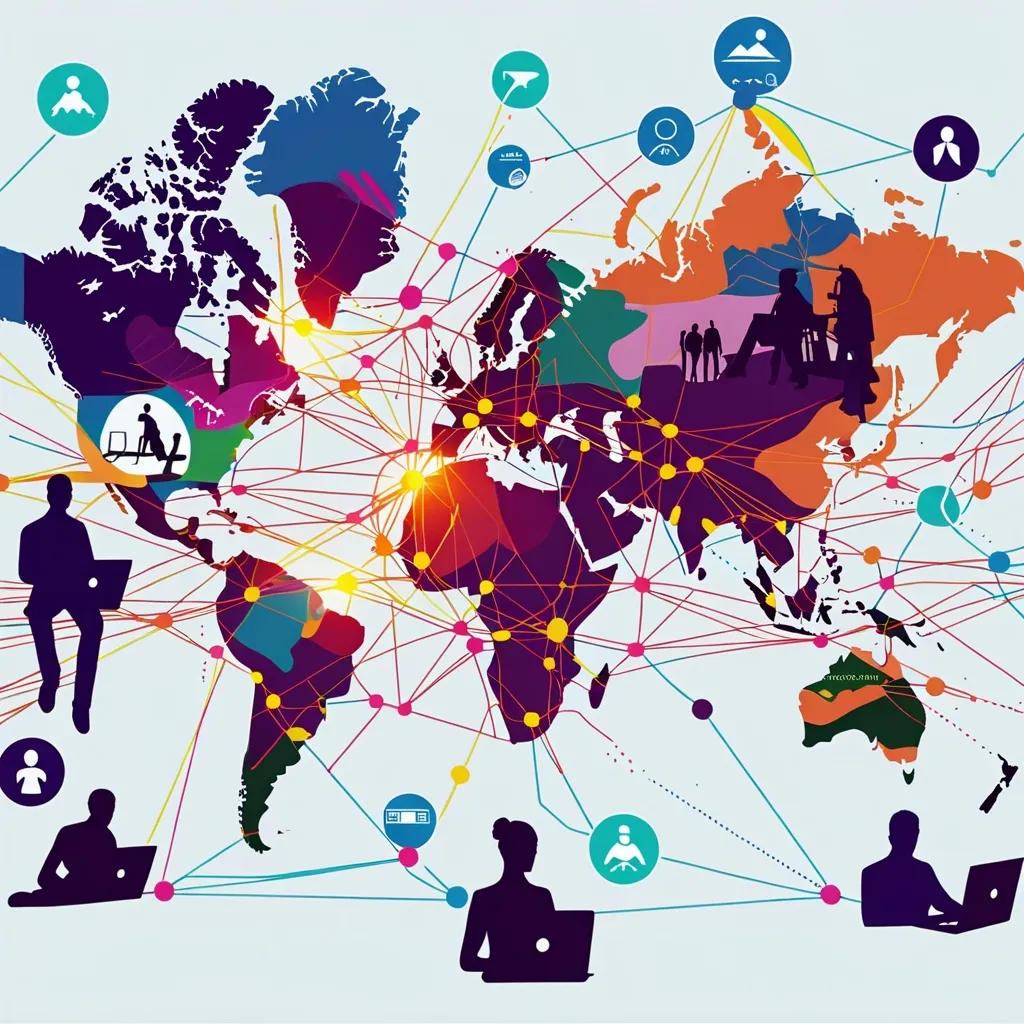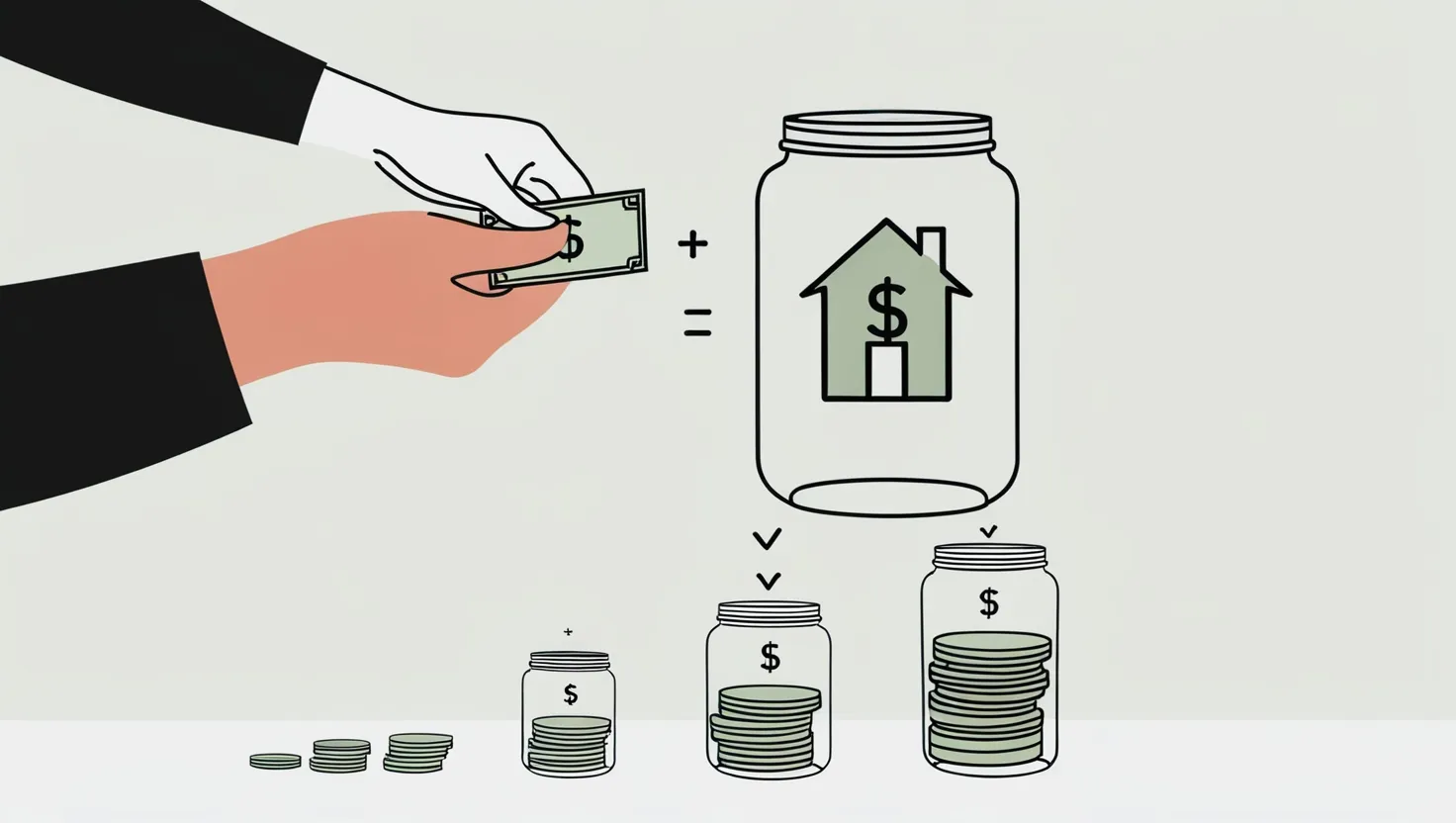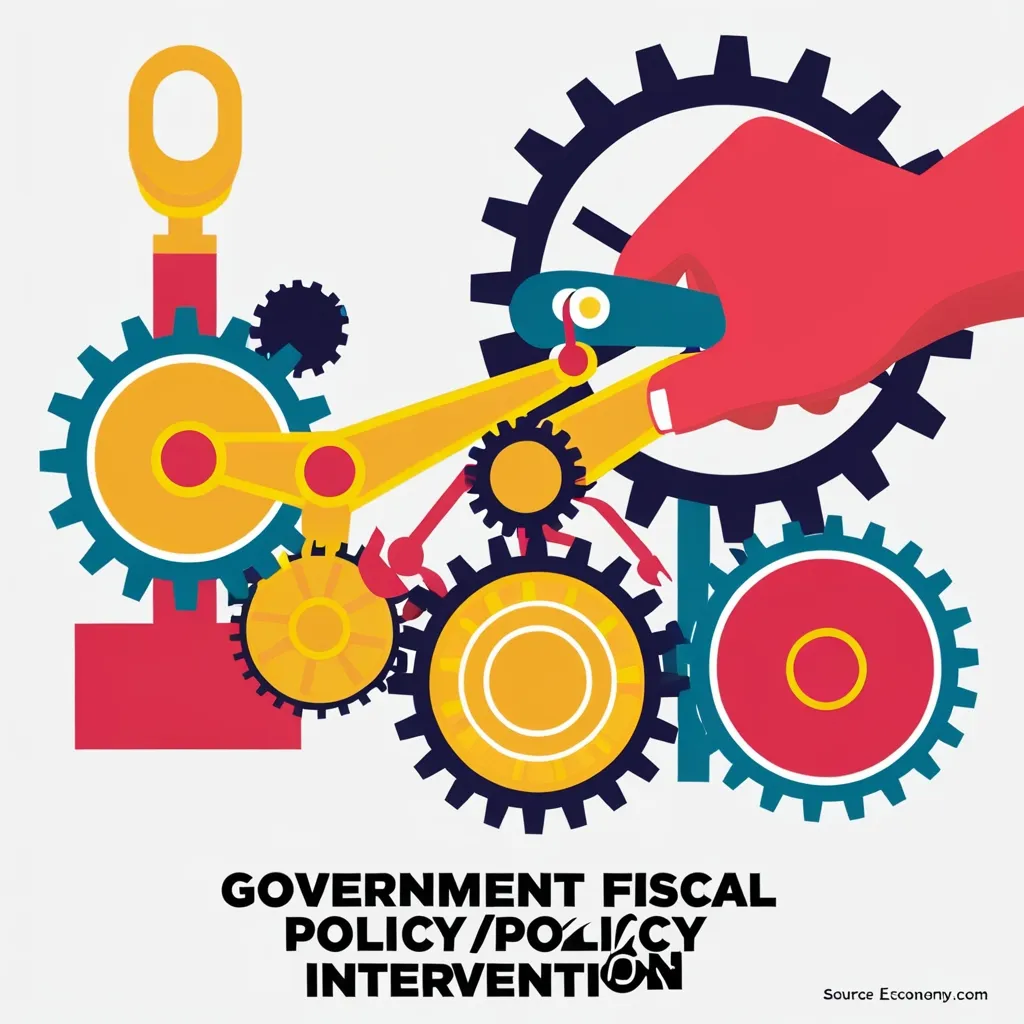The Future of Work: Remote Jobs and the Gig Economy
The way we work is changing rapidly, and it’s not just a minor shift. We’re talking about a full-blown revolution that’s reshaping economies worldwide. At the heart of this transformation? Remote jobs and the gig economy.
Remember when working from home was a rare perk? Those days are long gone. Thanks to the pandemic, remote work went from being a nice-to-have to a must-have almost overnight. And guess what? People loved it. Sure, some companies are trying to drag everyone back to the office, but let’s be real - that ship has sailed.
Just look at the office buildings in big cities. They’re emptier than a movie theater showing “Gigli” on a Friday night. It’s clear that remote work isn’t just a trend - it’s the new normal.
But why is everyone so excited about working in their pajamas? Well, for starters, it’s a win-win for both employers and employees. Companies can save a ton of money on office space and tap into talent from anywhere in the world. And workers? They get to skip the soul-crushing commute and actually have a life outside of work.
Think about it. You could be a software developer coding from a beach in Bali or a graphic designer creating masterpieces from a cozy cabin in the mountains. It’s not just a dream anymore - it’s reality for many people.
And let’s not forget about the gig economy. It’s booming like never before. By the end of 2020, around 35% to 40% of the US workforce was doing some kind of gig work. That’s a lot of people embracing the freelance life.
The gig economy is like a buffet of opportunities. You can pick and choose what you want to do, when you want to do it. Got a weird schedule because you’re taking care of kids or elderly parents? No problem. The gig economy’s got your back.
For businesses, it’s like having a superhero team on speed dial. Need a web developer for a quick project? Boom, you’ve got one. Looking for a copywriter to jazz up your website? They’re just a click away. It’s all about flexibility and getting stuff done fast.
Now, let’s talk numbers. By 2030, we’re looking at over 90 million digital jobs that can be done remotely. That’s a 25% increase from where we are now. We’re not just talking about tech jobs either. Sure, there are plenty of high-paying roles like software developers and finance managers. But there are also tons of middle-income gigs like paralegals, graphic designers, and insurance investigators.
The best part about all this? The flexibility. You’re not chained to a desk from 9 to 5 anymore. Want to work at 2 AM because that’s when your creative juices flow? Go for it. Need to take a long lunch to hit the gym? No one’s stopping you. It’s all about getting the job done, not punching a time clock.
This kind of freedom is a game-changer for so many people. Parents can actually be there for their kids without sacrificing their careers. Digital nomads can travel the world while still earning a living. And people with disabilities or health issues that make traditional office work challenging? They’ve got more opportunities than ever before.
But let’s be real - it’s not all sunshine and rainbows. The gig economy can be tough. You don’t get the same job security or benefits as traditional employees. Your income can be as unpredictable as the weather. And don’t even get me started on taxes. Suddenly, you’re responsible for all that stuff you used to take for granted as an employee.
And for some people, the line between work and personal life can get really blurry when you’re working from home. It’s easy to fall into the trap of always being “on,” especially when your office is just a few steps away from your bed.
But despite these challenges, the economic impact of remote and gig work is huge. It’s opening up new income streams for workers and helping them develop a wider range of skills. For businesses, it’s a way to stay lean and agile, tapping into talent as they need it without the overhead of full-time employees.
This shift is also leveling the playing field for entrepreneurs. You don’t need a fancy office or a big team to start a business anymore. With remote workers and gig economy talent at your fingertips, you can launch a startup from your living room.
And let’s talk about the global impact. Remote digital jobs are breaking down borders like never before. You could be sitting in a cafe in Nairobi, working for a company in New York, collaborating with team members in Tokyo and London. It’s wild when you think about it.
This global connectivity is a huge opportunity for countries around the world. Advanced economies facing talent shortages can tap into skilled workers from anywhere. And emerging economies with lots of young, talented people can access job opportunities they never had before.
But with great power comes great responsibility (thanks, Spider-Man). Policymakers have their work cut out for them. How do we make sure gig workers aren’t left out in the cold when it comes to things like healthcare and retirement savings? How do we ensure that competition for workers is based on skills and talent, not just who’s willing to work for the lowest wage?
And let’s not forget about infrastructure. To really take advantage of these global digital jobs, countries need to invest in education, vocational training, and of course, reliable internet access. It’s not just about having the jobs available - it’s about making sure people have the skills and tools to do them.
For those of us who’ve been in the remote work game for a while, it’s been wild to watch this shift happen. I remember trying to explain my job to people back in the day and getting blank stares. “You work on the internet? Like, you sell things on eBay?” Now, when I tell people I work remotely, they’re more likely to ask for tips on how they can do it too.
The future of work is clearly moving towards more flexibility and autonomy. As technology keeps advancing, remote and gig work will only become more common. Even traditional businesses are starting to see the light, integrating gig workers into their operations and embracing hybrid models.
This shift isn’t just changing how we work - it’s changing how we live. It’s about having the freedom to design a life that works for you, not just fitting your life around your job.
So, what does all this mean for you? Well, if you’re not already dabbling in remote work or the gig economy, it might be time to start. Learn some new skills, explore freelance platforms, or talk to your boss about flexible work arrangements.
And if you’re already living that remote work life? Keep pushing the boundaries. Explore new ways of working, new places to work from. The world is your office now - make the most of it.
The future of work is here, and it’s more flexible, more global, and more exciting than ever before. Sure, there are challenges to navigate, but the possibilities are endless. With the right mindset and the right skills, you can create a work life that’s not just profitable, but truly fulfilling.
So here’s to the future of work - may it be as comfy as your favorite pair of sweatpants and as exciting as a trip to a new country. The world is changing, and work is changing with it. Are you ready to jump in?






